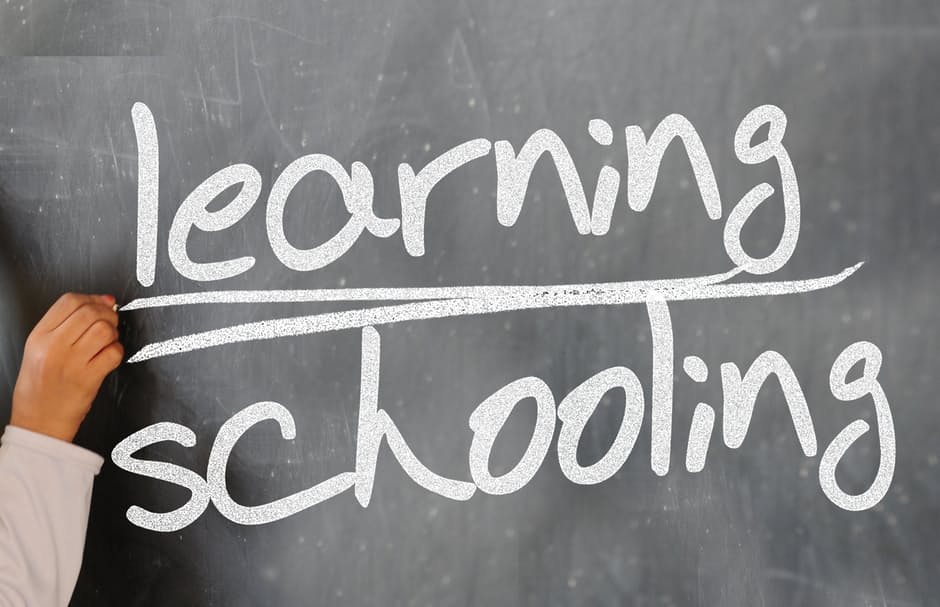How many is too many?
When I began my research process for this article, I started with a basic Google search “ statistics for coaching classes in India”, I waited for a list of numbers to pop up but instead the top results displayed on my screen were “ coaching classes for statistics in India” this was a list of classes that offered to teach statistics. That was the first piece of data I needed right there, if my trusty friend Google could be confused that was a red flag.

Variety show
The last time I was in a coaching class it was about a decade ago, so I began researching how coaching classes had transformed over time. As an average student in secondary school I remember having all sorts of tutors, and unfortunately I continued to be an average student even with the help.
There are numerous types of coaching classes and tutors in the country- there are the homemakers turned teachers that take classes at their living rooms to earn a little extra income or just out of a passion, tutors that come over to students homes to teach a couple kids or an entire group, and then there are the large coaching classes that function like mini institutions and essentially parallel a traditional school or college. This is the coaching class genre that seems to be the most widespread and steadily growing of the lot and the revenue that they earn could give any top rated school/college a run for its money.
I began to interview a series of mothers, whose children were scattered between primary school and junior college. Some mothers stated that they could start signing up their children for coaching classes as early as grade 4 and continue seeking private tutoring for their children right up to junior college (grade 12). Various coaching classes can help prepare students for a variety of exams from national boards to the SAT, CAT even IIT entrance exams; and the top classes can have waiting lists to get in.
A mother of two 9 students revealed that in a batch of a hundred students there were less than five that weren’t enrolled in any coaching classes. The remaining students, regardless of their individual academic performance capabilities were all seeking educational help outside of their schools.
For most students at the school level like ISCE, SSC and CBSE board level, the syllabus they are learning in the classrooms at school is the exact same material being taught in the coaching classes they head to after school. Its not like coaching centers provide more education than schools, but they seem to be doing a more effective job of it.
In some cases the pace at which a school teacher covers the syllabus for the semester is slower and less thorough than that of the coaching class counterparts, making it confusing for some students to keep up with the parallel schedules.

It costs a pretty penny
The fee for a standard coaching class is significantly higher than that of an average school, because most coaching classes will charge their fee per subject that a student is enrolled for. On all counts coaching classes seem to be more hands on and through with the teaching, which is why dozens of students are enrolled very year. Some tutors that have been conducting classes for decades, having educated entire generations of students and are almost famous in their districts. Open any national or regional newspaper during exam result season and the entire front page will have ads featuring the passport size photos of top scoring students. Parents invest thousands and sometimes lakhs of rupees in coaching classes hoping that it will harvest in good grades and eventual college placements. It is interesting to wonder what might happen if the same teachers that ran the coaching centers moved their classrooms into actual schools. There is certainly a gap in the current academic system that drives students into coaching classes after an entire day of school and if parents are willing to pay massive amounts of money to tutors they would happily divert that payment to the school itself.
All aboard
The various national and state boards don’t function in the same way and each has its own set of rules and exam structure. With the arrival of international boards like A levels and The International Baccalaureate in the country, the situation seems to be getting muddier. While schools will have clear distinction between the students enrolled in different boards, coaching classes will keep the competition up by promising to teach various student groups out of the same the same center.
If school faculty boards were to redesign their payment structure to increase salaries for school teachers two things could be accomplished- a) more people would be motivated to pursue jobs at the school level causing there to be a healthy teacher-student ratio b) an increase in salary would motivate teachers to work harder with their students potentially eliminating the need for coaching centers.
If students had satisfactory learning hours at school, it would give them back the many hours they spend in coaching classes to pursue sports, arts, music and other extracurricular interests that would aid a wholesome upbringing. “ The students could get their childhood back” was the signing off remark by one of the mothers who has two children enrolled in coaching classes five days a week.































